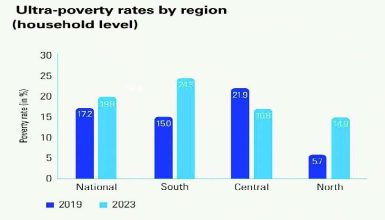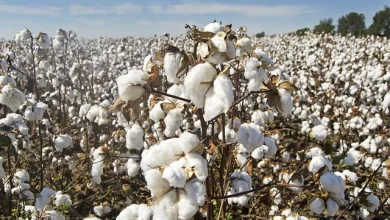Economy at risk of downturn—economists
Economic experts have cautioned that the local economy is at risk of an economic downturn after the Reserve Bank of Malawi (RBM) reported a widening trade deficit and dwindling import cover.
The remarks come after RBM said in its June 2023 issue of the Financial and Economic Review that merchandise trade balance widened to $283.5 million (K294.2 billion) during the first quarter of 2023 from minus $15.7 million (K16.9 billion) in the previous quarter.
This is also compared to a deficit of $388.2 million (K320.5 billion) recorded in the first quarter of 2022.
Reads part of the report in part: “The outturn largely reflected seasonal factors, being at the peak of a lean period where exports are low against elevated imports.

“Specifically, the quarter registered a drop of $129.1 million [about K133.6 billion] in exports to $143.5 million [K148.3 billion and an increase in imports of $138.7 million [about K143.7 billion] to $427.0 million [about K442.5 billion].”
Reacting to the developments, Lilongwe University of Agriculture and Natural Resources economist Christopher Mbukwa cautioned that the growing trade deficit is likely to weaken our already weakened kwacha against international currencies, particularly the US dollar.
He said: “This weakening of the kwacha is also likely to induce inflationary pressures stemming from increased price of imports in domestic currency terms. The second effect of trade deficits is that of a reduction in the gross domestic product.”
In a separate interview, Catholic University economics lecturer Greenson Nyirenda cautioned that if the trade deficit continues to widen in the next quarter when the country will be selling its top exports, it will create a further strain in subsequent quarters.
He said: “If in this period we are experiencing widening deficit and expected low import cover, it is a signal that in the third and fourth quarters, it may become worse since that’s the period we will even be importing agricultural inputs on top of what we are currently importing.”
The report further shows that tobacco exports dropped by 81.5 percent from $140.9 million (about K145 billion) in the last quarter of 2022 to $26 million (about K27 billion).
This also represents a 52 percent drop from $54.2 million (about K56 billion) recorded during the corresponding period in the 2021.





